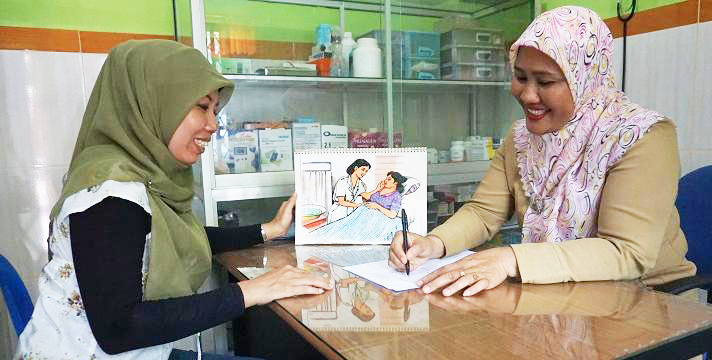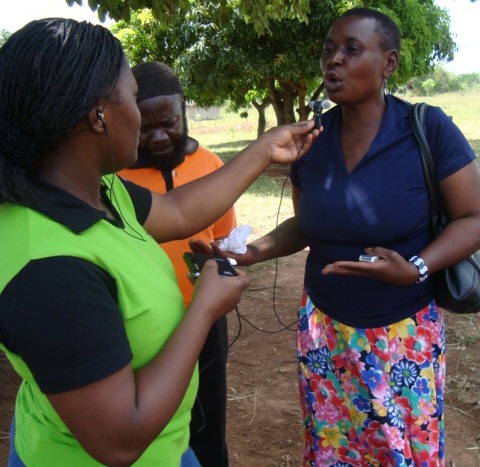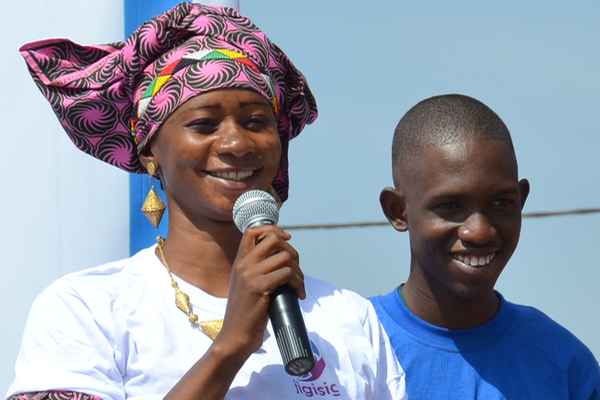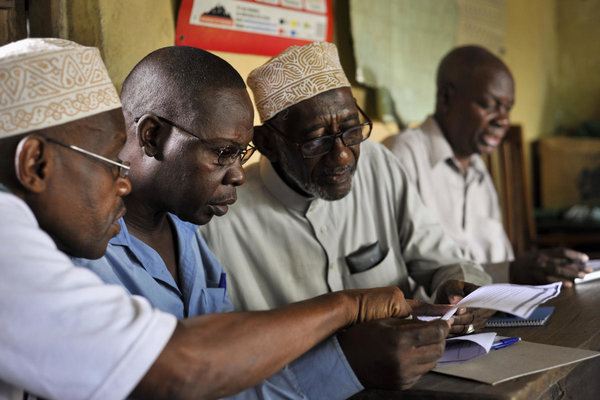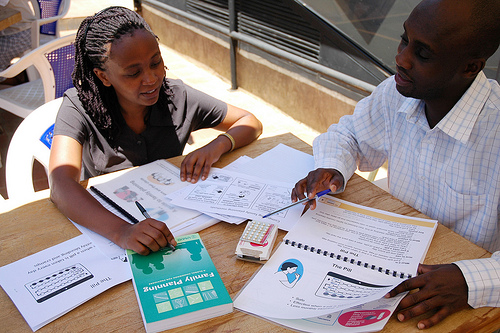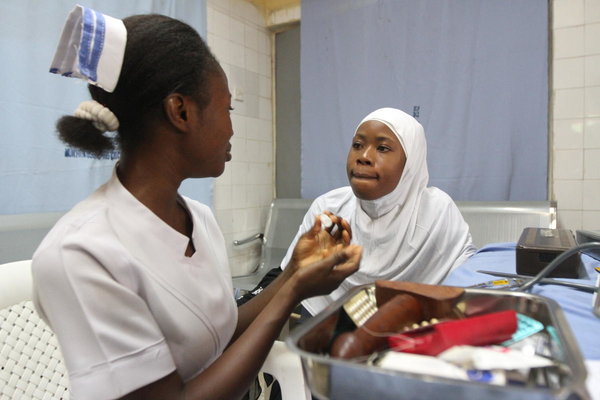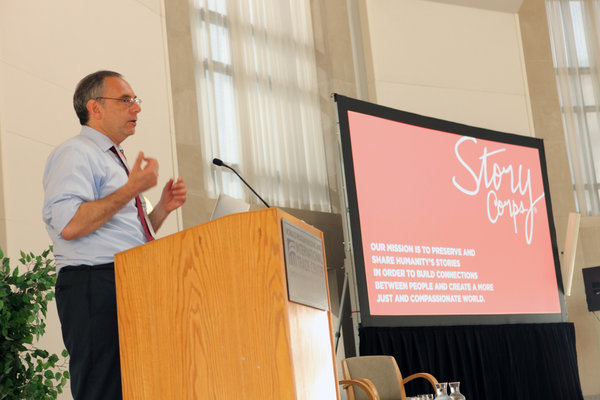
Stories + Data = Change: The Evidence on Storytelling for Global Health
“If there is one thing we hope you take away from today, it is that stories are a powerful way to share knowledge, and research shows they evoke empathy, create trust and lead to action,” said CCP’s Tara Sullivan.


